Overview
Self-paced course
54 Lessons – 8 hours of recorded lessons
Course Details
An effective evidence-based course to support clinicians managing patients with low-back pain.
With 8 hours of recorded lessons plus quizzes to consolidate your learning this self-paced course will take you through the different models regarding low back pain, and how to apply the current knowledge in the different phases of the consultation, including case history, examination and management. At the end of the course, you will have tools to use with your patients to support them when they present e.g. fear of movement, muscle guarding and psychosocial obstacles to recovery.
Initially the course was developed in 2015, and tested with 45 experienced osteopaths. It was found to help osteopaths to develop a more biopsychosocial understanding of their patients and they reported using new tools with their patients. It has been completely updated and re-recorded in 2022, part of the ongoing OSCAR study, assessing the impact of this course on patient outcomes.
Summary of Osteopathic Practice Standards (updated) covered in this course:
A Communication and patient partnership – A1, A2, A3, A4, A5
B Knowledge, skills and performance – B1, B2, B3, B4
C Safety and quality in practice C1, C4, C6
D Professionalism – D3
Learning objectives:
- To understand the different classification models existing for musculoskeletal pain, using low back pain as an exemplar.
- To appreciate the variety of clinical models available to osteopaths in the management of patients with low back pain, including the biomedical model, the biopsychosocial model and the enactive model.
- To understand the variety of possible factors that may contribute to low back pain and to appreciate ways of assessing them, including with practical advice regarding communication techniques.
- To evaluate which assessment methods are the most appropriate and reliable for specific patients’ presentations.
- To analyse how different factors that a patient presents with may interact with and influence the course of their non-specific low back pain (NSLBP).
- To understand the different management options available for patients with NSLBP and understand how to implement them in practice.
Dr Jerry Draper-Rodi
Jerry is an Associate Professor at HSU-UCO School of Osteopathy, Director of the National Council for Osteopathic Research (NCOR) in the UK and a visiting fellow on the international osteopathic research leadership programme (UTS School of Public Health, Australia) and a clinician.
He holds a Professional Doctorate in Osteopathy (2016) focusing on the acceptability and impact of a biopsychosocial e-learning programme for non-specific LBP. Dr Draper-Rodi has presented research at conferences, published articles in peer-reviewed journals, and received awards, including the Research in Practice Award from the Institute of Osteopathy and The Secretaries Award from The Society for Back Pain Research.
How can I contact the organiser with any questions?
For more information contact the CPD team at cpd@uco.ac.uk.
You will be emailed information about the course approximately 1 week before the seminar.
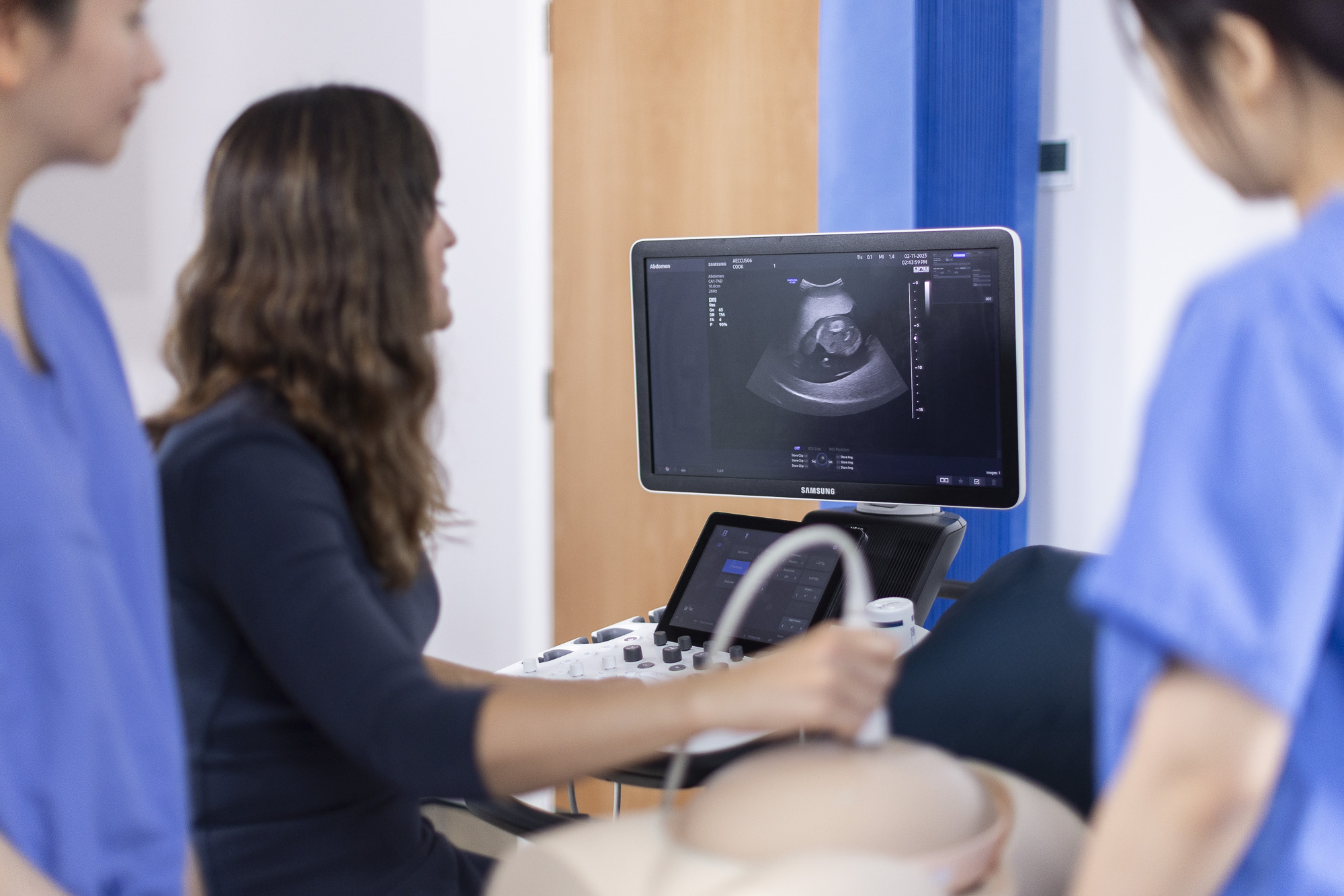
Find the course that’s right for you
Get training and offer more to your patients and your practice.
We offer a range of continuing professional development (CPD) courses and short courses across the year for all those who wish to enhance their professional development and increase their skills.
Latest News
Discover and read all the latest news, press releases and happenings here at Health Sciences University.
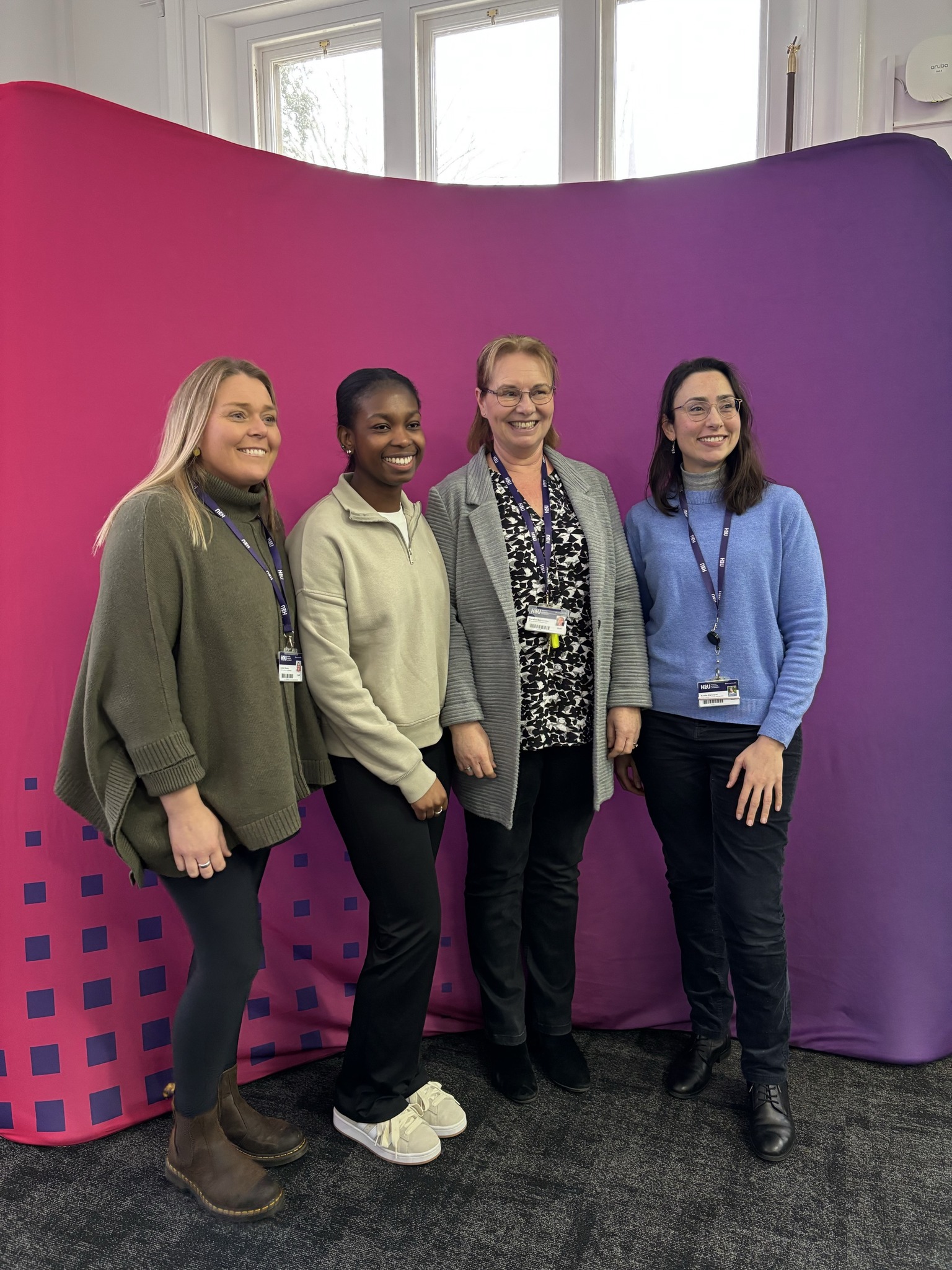
Health Sciences University (HSU) recently hosted a thought-provoking panel discussion in celebration of International Day of Women and Girls in Science.

Dr Mahitha Naidu has recently graduated from the MSc Podiatry (Pre registration) course at Health Sciences University.
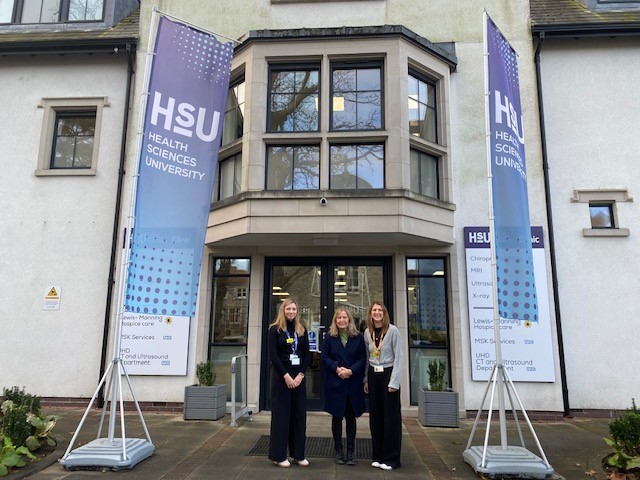
Health Sciences University, in collaboration with Dorset HealthCare, has launched a new Brain Health Clinic on its Bournemouth campus.

Carla tells us more about her experience of the course so far and what she enjoys about being part of the HSU community.
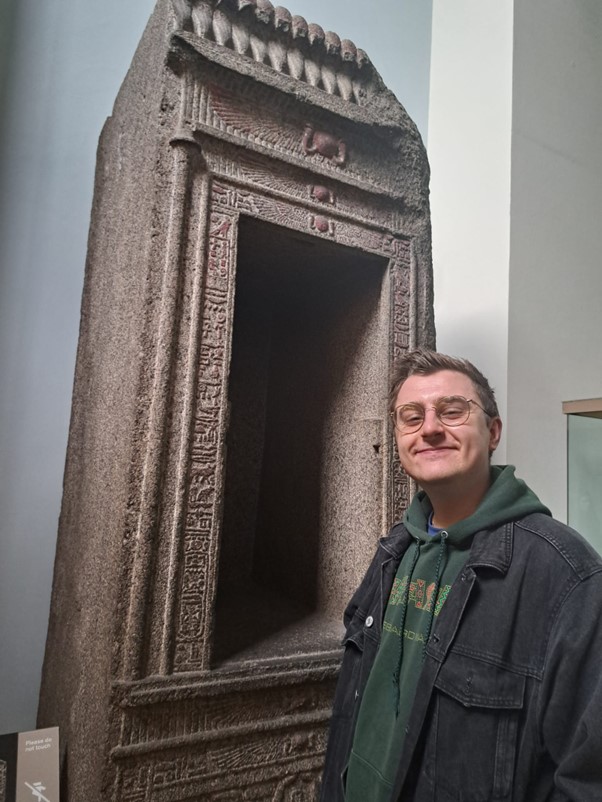
Dan Egelstaff is a First Year student on the MSc Occupational Therapy (pre-registration) course. The degree at Health Sciences University appealed to Dan when he was working as a Learning Disabilities Support Worker during the Covid-19 pandemic.
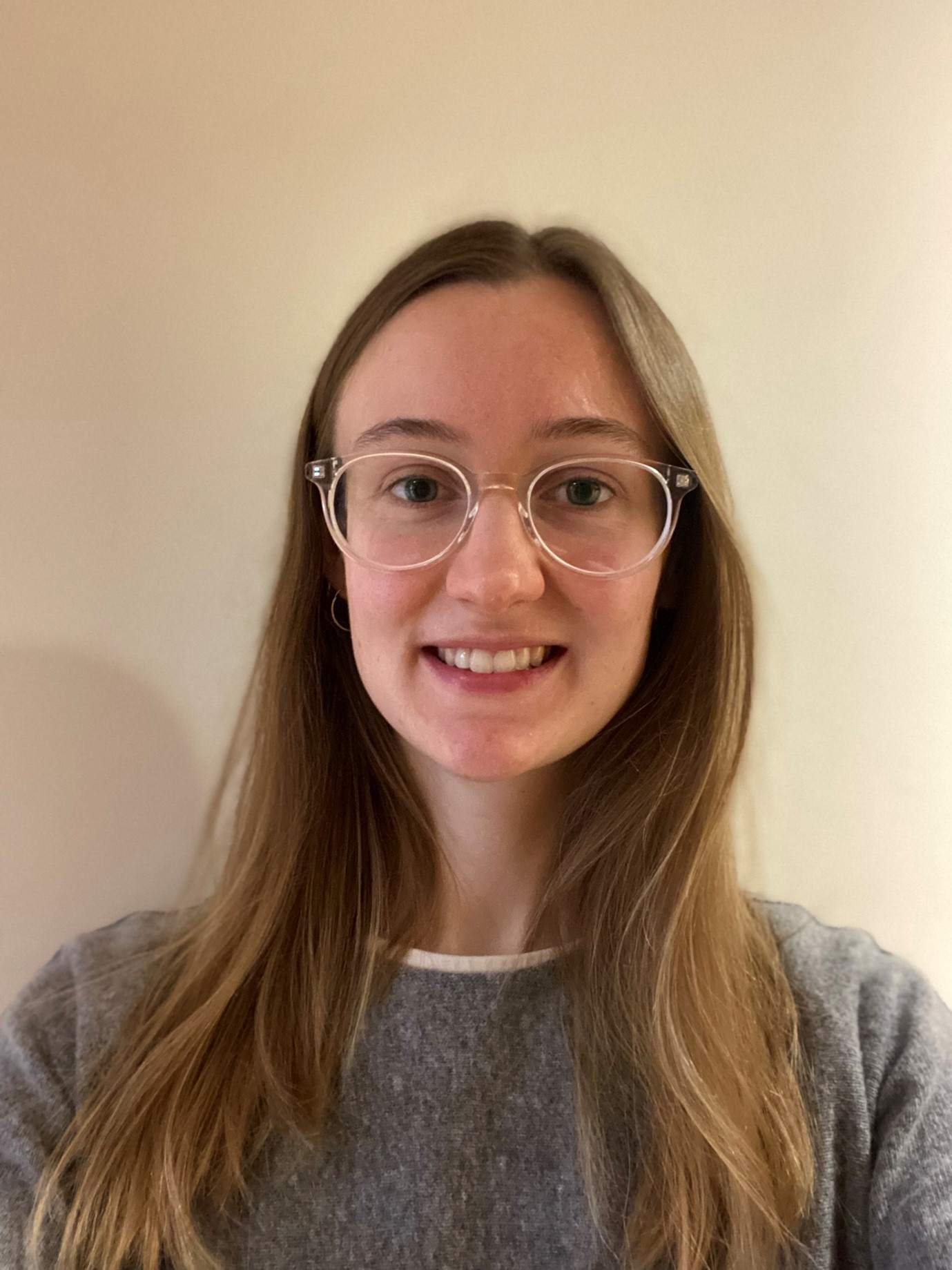
Natalia Purkiss is in her first year of the MSc Occupational Therapy (pre-registration) course at Health Sciences University.

